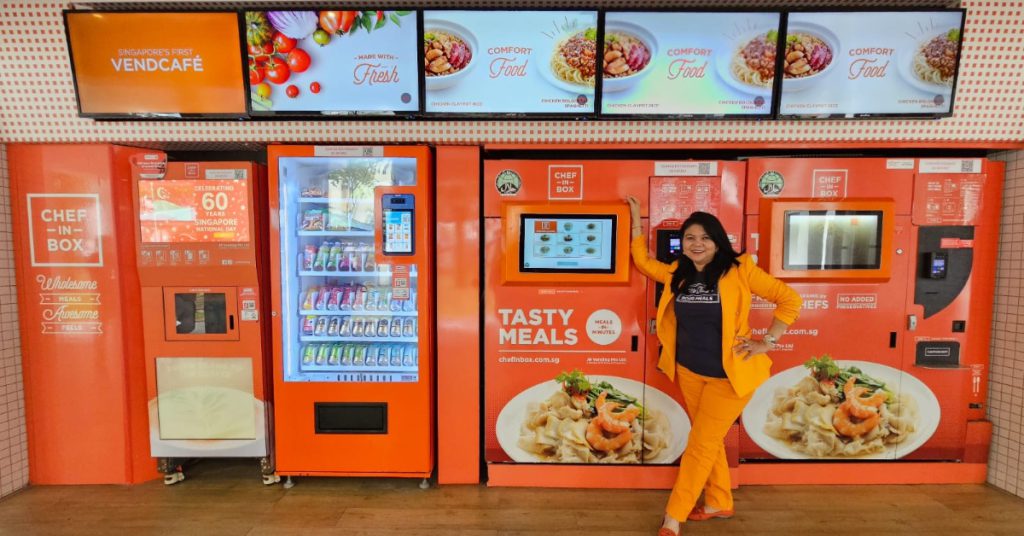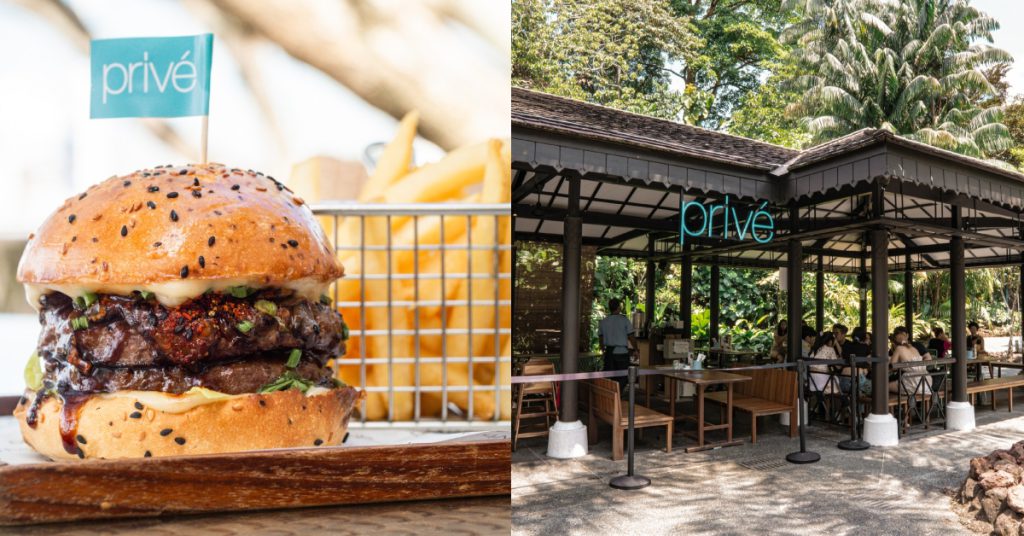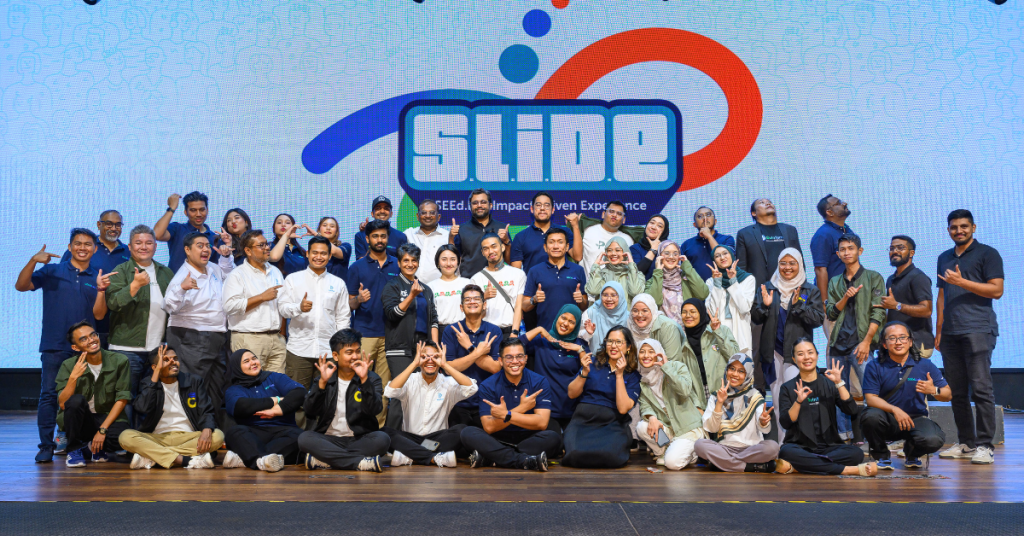Author’s Blurb: I wouldn’t say that I’m rushing to buy a house anytime soon, but I would like to have a serious conversation about it when I’m about 27 or 28. But even by then, I’m uncertain as to whether or not it’ll be a financially sound decision to actually buy a house, or if I should start out by renting instead.
Meant to alleviate this form of financial burden, HomeCrowd was established.
It’s a peer-to-peer (P2P) lending platform that connects those looking for funds for a home to lenders who are willing to finance this initiative for an interest.
According to their website, it’s also the first P2P lending for a mortgage and consumer financing platform to pend a license by the Ministry of Housing and Local Government (KPKT).
Editor’s Note: We clarified with HomeCrowd that they’re not yet licensed to operate under all the current regulators, so they remain in their beta phase of taking applications but not giving out loans. They’re in the process of fulfilling the minimum capital requirement for a KPKT license.
So, who exactly is their target market, you ask? Middle-income millennials, especially if they’re first-time homebuyers.
“Due to the higher risk in the property market these few years, traditional banks are getting very selective to approve home loans to the borrowers. Thus, excluding middle-class income millennials,” Dave Chew, the founder of HomeCrowd, told Vulcan Post.
In this time of higher living costs, Dave told us that he’s seen many millennials resort to additional jobs for side income, especially from the gig economy, to make a living.
But even with this, it’s not been enough.
“Many of them complained about their loan application not being approved despite the fact that they are able to serve mortgage instalments combining their primary and secondary incomes,” Dave said.
Thus, HomeCrowd began focusing their efforts towards making sure that this group of people were no longer excluded in the journey of finding a home of their own.
Keeping Funny Business Out
Despite being a P2P crowdlending platform meant to serve people better than banks, Dave told us that HomeCrowd is still strict about their background checks.
“For us, we don’t take the credit risk lightly. We will check the borrowers’ credit worthiness by looking at all their sources of incomes and current debts outstanding before they can be qualified for crowdfunding campaigns,” he explained.
Their vetting process is also supported by Experian, to check on the credit scores of borrowers.
But even if the team finds out that a certain individual doesn’t qualify, they refrain from outright rejecting them like what a traditional bank would do.
HomeCrowd still engages in conversation with them about the ways to improve their credit score so that they could one day qualify for home loans in the future.

My biggest question about this was perhaps the awareness, or shall I say likelihood of lenders coming on board to HomeCrowd to lend money to total strangers.
Yes, P2P platforms exist and are widely popular in Malaysia—but it’s different when you’re considering borrowers who might have been turned down by banks because of a bad credit score, or something similar.
“For lenders, we promote a fixed return as the loan is secured from the property,” said Dave.
But if all else fails, and the borrower fails to pay up, two further steps are considered, which is either a restructuring of the loan or a separate donation crowdfunding effort (legitimate cases where unexpected medical bills come up, etc.).
If that doesn’t work, both legal action and property foreclosure will be considered. If the property ends up being auctioned off, all the money contributed will be returned to the lenders.
No One Left Behind
When it comes to finding lenders, HomeCrowd partners with institutional investors and other partners to make sure that the ratio of borrowers doesn’t overshadow the parties that are willing to lend.
Editor’s Update: Information in the above paragraph has been updated to reflect better accuracy in the statement.

“Of course, the max price of property has to be RM500k (from which 90% of the acceptable financing amount is RM450k), the threshold set by the Malaysian government for affordable household pricing,” continued Dave.
The lenders will have the flexibility to choose based on their desired interest rates, the summary of the property info, and the borrower’s own personal profile.
All of this is done with HomeCrowd taking a 0.5% interest margin from deals between the borrowers and lenders.
“As this is also a social impact investment, we will send the lenders community periodic updates on the developments in the millennial’s life,” Dave told us.
“In the long run, we will look into shared equity property and rent-to-own products that will help young homebuyers,” he shared.
Bottom Line: It’s too soon for me to look at home loans, but I do believe that HomeCrowd has got a good thing going on. If I somehow don’t qualify for a traditional house loan from the bank (for some reason), it’s nice to know that I might still be able to own property without having to rent all my life.
- You can read more about other Malaysian startups we’ve written about here.
Featured Image Credit: HomeCrowd












